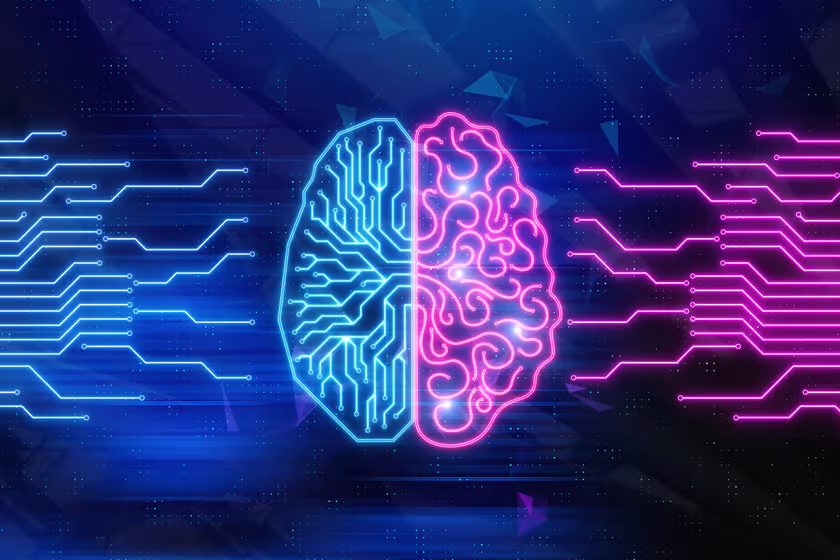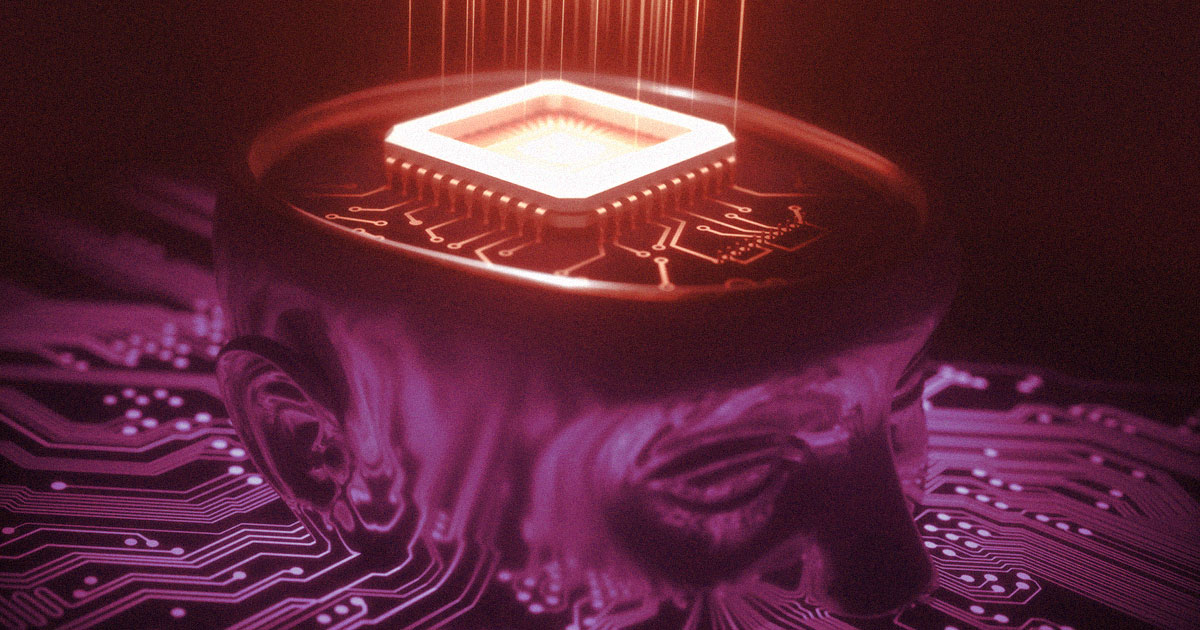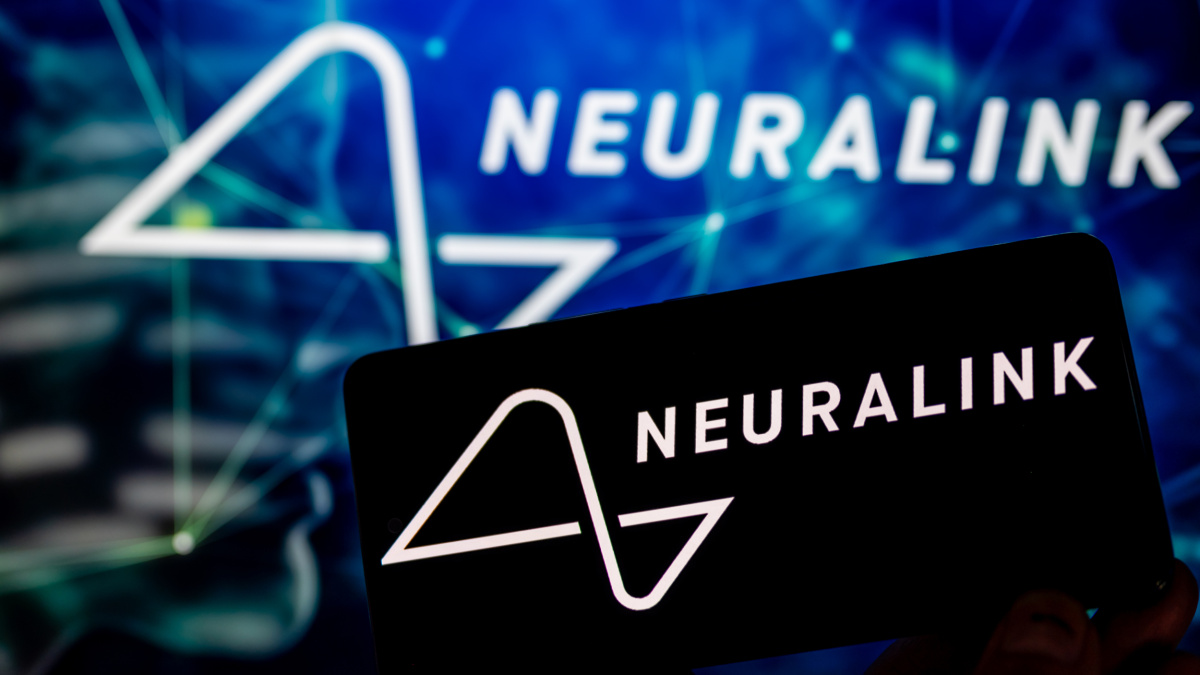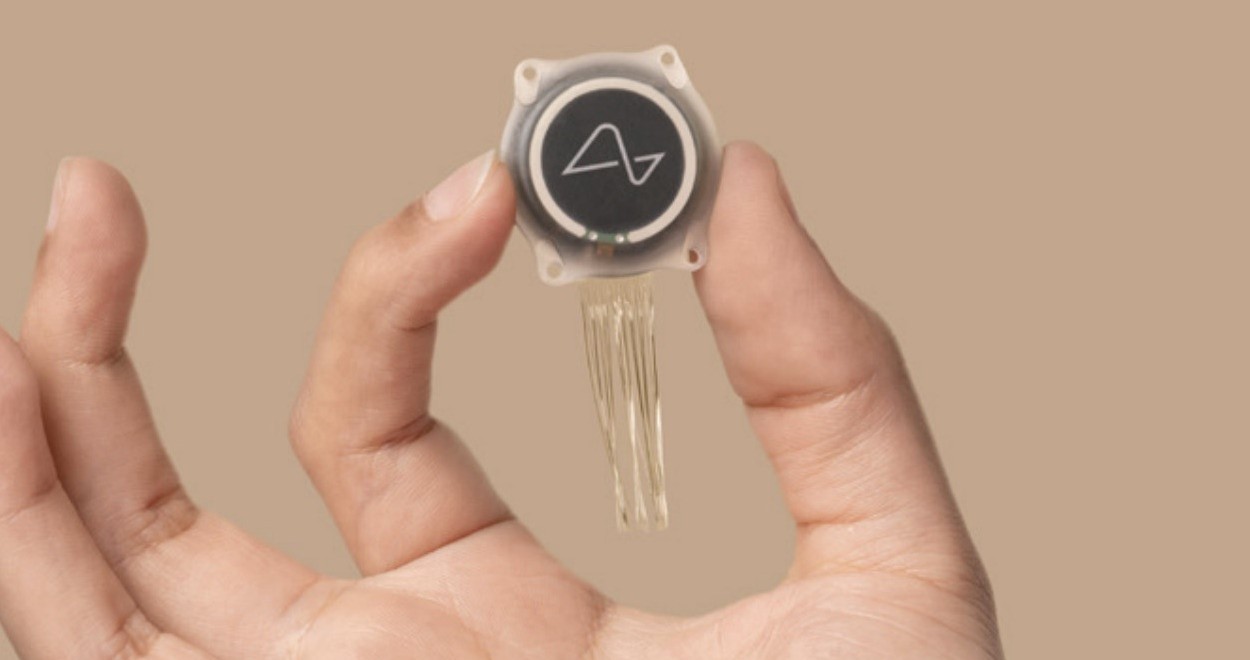Elon Musk: Neuralink's first human patient has fully recovered and can control a computer mouse with their thoughts

Neuralink is here, blurring the lines between sci-fi and reality. It promises mind-blowing advancements, but also raises ethical concerns like brain hacking and widening social gaps. Will it empower or exploit us? Buckle up for a thought-provoking exploration of this transformative technology.

- Introduction: Dive into the Future of the Mind
- Decoding the Brain with Neuralink
- The First Human Patient
- Potential Applications and Future Outlook
- Ethical Considerations and Concerns
- Conclusion: A Mind-Bending Future Awaits
Introduction: Dive into the Future of the Mind

Imagine controlling a computer with your thoughts, or even regaining lost movement after a debilitating injury. This isn't science fiction anymore. Elon Musk's Neuralink, a company pushing the boundaries of brain-computer interfaces (BCIs), recently announced a groundbreaking achievement: the first-ever human implant of their brain chip.
This single event marks a giant leap towards a future where the human mind and technology merge. But what does this mean for us? What are the potential benefits and risks? And who is the brave individual at the forefront of this revolution? This blog delves into the fascinating world of Neuralink's first human patient, exploring the details, the implications, and the ethical considerations surrounding this historic event.
Join us as we unlock the secrets of this groundbreaking technology and explore the possibilities it holds for the future of humanity.
Decoding the Brain with Neuralink

Imagine controlling your world with your thoughts. Neuralink, a brain-computer interface (BCI) company, aims to make this sci-fi reality. BCIs capture brain signals and translate them into commands. Neuralink takes a unique approach, implanting tiny threads with electrodes into the brain. These "microphones" pick up neuron activity, sending the data to a chip for processing. The possibilities are vast:
Regaining lost function: Individuals with paralysis could control limbs or prosthetics, regaining independence.
Augmenting capabilities: Imagine controlling devices or playing games just with your thoughts.
Revolutionizing communication: Neuralink envisions direct brain-to-brain communication, bypassing language barriers.
Ethical Considerations: A Delicate Balance
Data privacy, security, and potential misuse of brain data are crucial concerns. Ensuring informed consent and navigating the complexities of human trials are equally important. Neuralink's journey has just begun, and the ethical considerations will undoubtedly evolve alongside the technology. However, one thing is certain: Neuralink has the potential to redefine our interaction with the world and challenge our understanding of humanity.
The First Human Patient

Neuralink's veil of secrecy finally lifted in February 2024 with the reveal of their first human participant. This unnamed individual underwent a delicate surgery to receive a tiny, thread-like implant in their brain. This initial phase aims to assess the implant's safety and ability to understand the brain's electrical language. News of the successful implantation sent ripples through the scientific community. While details remain scarce, early signs suggest the implant is functioning as planned. This crucial first step paves the way for further research and development, holding immense potential to:
Rekindle lost abilities: Imagine individuals with paralysis regaining control or locked-in patients communicating again through the power of thought.
Augment human potential: Controlling devices with our minds could revolutionize how we interact with technology, opening new possibilities for human-computer interaction.
The first human in Neuralink's trial isn't just a participant; they represent a giant leap for humanity, blurring the lines between brain and technology. This is the dawn of a fascinating new era, and the potential applications are truly awe-inspiring.
Potential Applications and Future Outlook

Neuralink's brain implant isn't just science fiction anymore. This tiny chip holds the potential to revolutionize several aspects of our lives:
1. Regaining Control: Imagine individuals with paralysis controlling prosthetic limbs with thought, or reclaiming daily tasks like eating or writing. Neuralink is actively testing its ability to decode brain signals and translate them into actions.
2. Boosting Abilities: Neuralink could unlock a new level of human potential. Surgeons could operate with enhanced precision, athletes could train with augmented programs, and students might even absorb information faster.
3. Communication Redefined: Imagine sharing thoughts, emotions, and memories directly with others, bypassing language barriers. Neuralink envisions a future of brain-to-brain communication, fostering deeper empathy and collaboration.
4. A Brave New World: While the future holds ethical considerations, Neuralink's ambitions are vast. They're exploring applications in mental health, and even envision a symbiotic relationship between humans and AI.
Neuralink's potential is undeniable, offering a glimpse into a future where minds and machines seamlessly connect, transforming lives and redefining human capabilities.
Ethical Considerations and Concerns

Neuralink's brain implant is like a high-octane sports car hurtling towards the future, promising mind-blowing advancements and previously unimaginable capabilities. But before we hit the gas, it's crucial to acknowledge the ethical minefield that lies ahead. Buckle up, because this isn't just about tech; it's about the very essence of humanity:
1. Brainjacking: A Hacker's Playground? The biggest concern is the vulnerability of our most private space: the mind. Imagine a world where hackers can infiltrate your thoughts, steal sensitive information, or even manipulate your emotions. The thought is enough to send shivers down anyone's spine.
2. The Inequality Abyss: Neuralink, like any powerful technology, can exacerbate existing inequalities. Imagine a future where only the wealthy can afford these implants, creating a cognitive elite with an unfair advantage in everything from education to employment. This could shatter social cohesion and widen the gap between the haves and have-nots.
3. Free Will on the Fritz: What happens to free will when your thoughts can be influenced by external forces? The implant's ability to stimulate specific brain regions raises concerns about mind control and the potential erosion of autonomy.
4. The Black Box Conundrum: Neuralink's technology is complex, and its inner workings remain largely shrouded in secrecy. This lack of transparency fuels concerns about potential misuse and the absence of meaningful safeguards for users.
5. The Ghost in the Machine: As we merge with technology, what defines humanity? Will the line between human and machine blur beyond recognition? These philosophical questions demand careful consideration before we blindly embrace this new frontier.
Neuralink's potential is undeniable, but so are the ethical concerns. We must tread carefully, ensuring that this powerful tool empowers rather than exploits, and uplifts rather than divides. Only then can we truly navigate this ethical tightrope walk and unlock the true potential of this mind-bending technology.
Conclusion: A Mind-Bending Future Awaits

Neuralink's journey is just beginning. It's a high-stakes game where the potential rewards are mind-blowing but the ethical minefield demands cautious navigation. We stand at the precipice of a transformative era, where the lines between human and machine are blurring. The road ahead is paved with both promise and peril. We have the power to unlock a future of empowerment, enhanced capabilities, and revolutionary human-machine connection. But we must also confront the ethical challenges head-on, ensuring that this technology serves humanity.